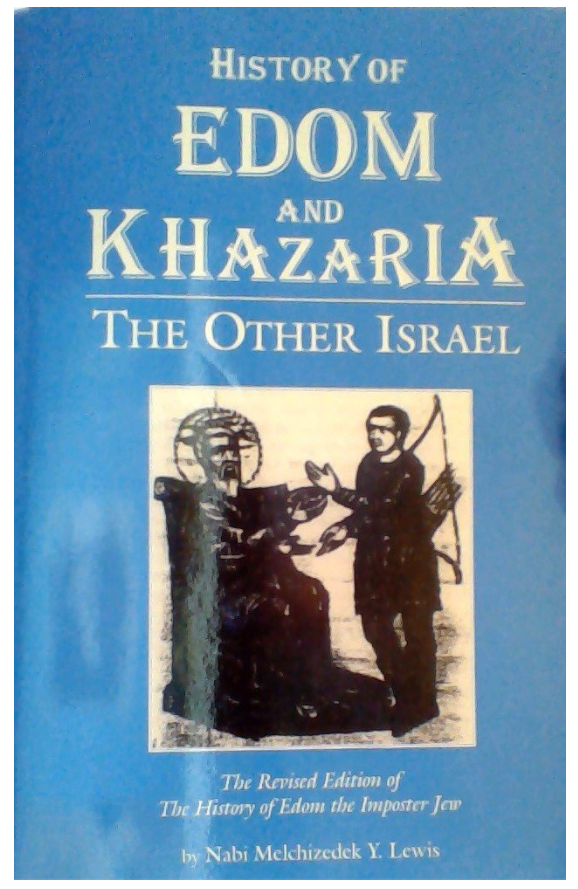AGRICULTURAL BIOTECHNOLOGY RECONSIDERED: WESTERN NARRATIVES AND AFRICAN ALTERNATIVES
This book explores the conditions of production in agricultural biotechnology. Situating its discussion in theoretical debates on the role of science and technology in global capitalism, the book grounds abstract discussions in a case study of Africa. Adopting the premise that technology is socially mediated, the book explores the way in which biotechnology has developed in the United States from its early beginnings as a field of academic research in molecular biology in the 1950s into a worldwide commercial enterprise that is a major focus of American high technology and competitive advantage. The globalization and commercialization of biotechnology, which was made possible through the expansion of international intellectual property rights based on Western notions of private property, carry particular implications for Africa. Western narratives portray agricultural biotechnology as a panacea for African underdevelopment—a cure for disease, poverty and malnutrition. But the adoption of agricultural biotechnology in Africa will likely have differential impacts on producers, depending particularly on the capital-intensiveness of their production and the nature of specific biotech products. This book highlights models of agricultural research and production—Zimbabwe’s system of maize research and the African Model Law—that represent important alternatives to the capital-intensive farming and research practices of the West. Indeed, if Africa is to benefit from advances in agricultural technology, a fundamentally different model of agricultural research and technology transfer will be necessary--and Africa itself is the place where such an alternative is to be found.
Product details
- Publisher : Africa World Press (May 1, 2005)
- Language : English
- Paperback : 228 pages
- ISBN-10 : 1592212387
- ISBN-13 : 978-1592212385
- Item Weight : 12.6 ounces
- Dimensions : 0.71 x 5.63 x 8.35 inches













